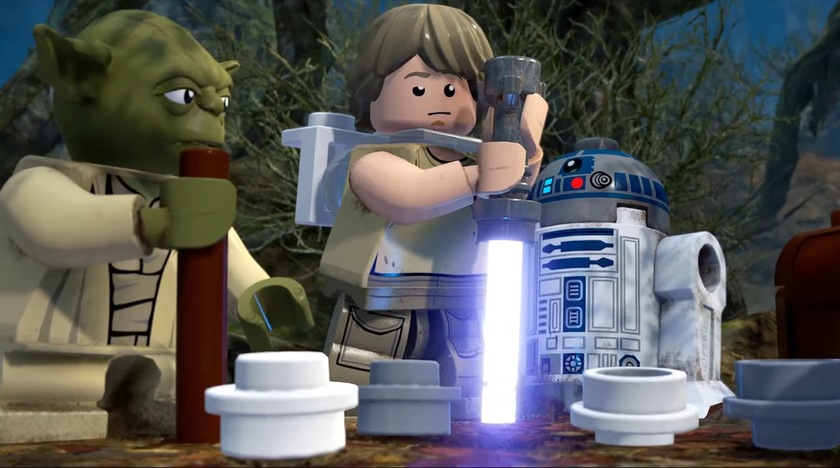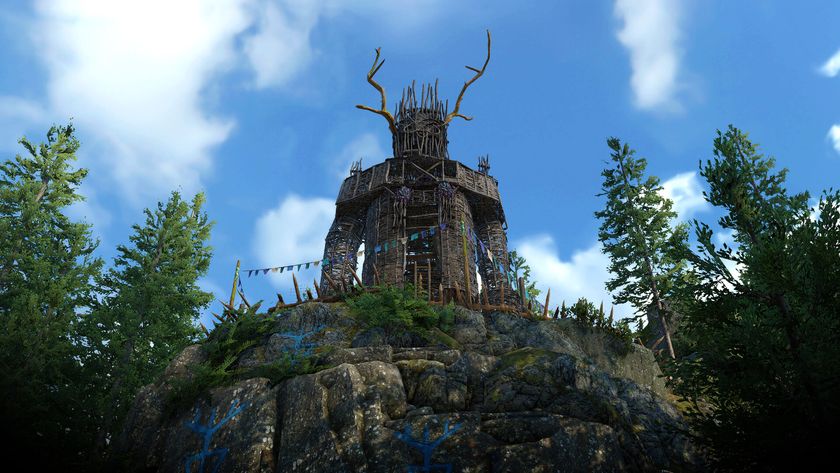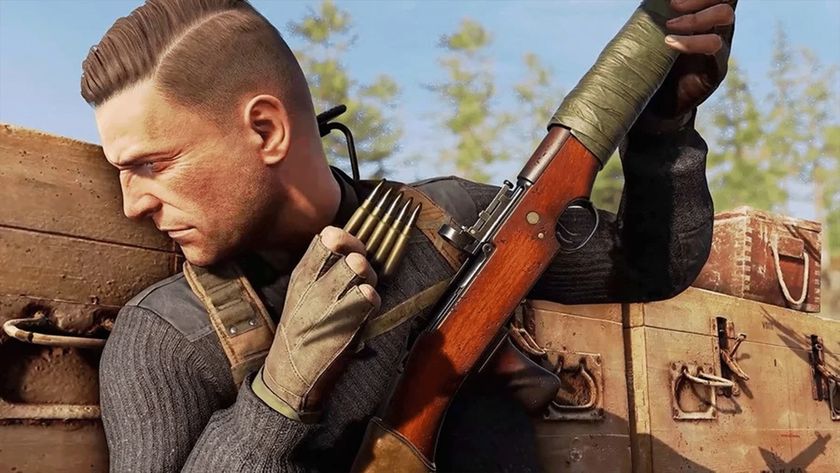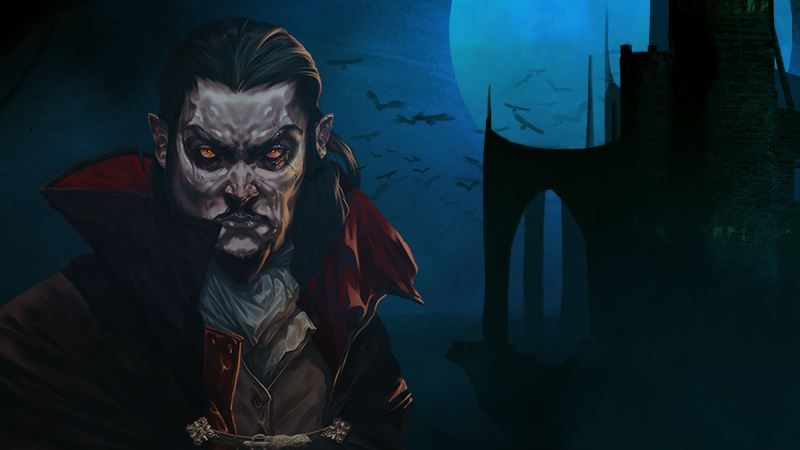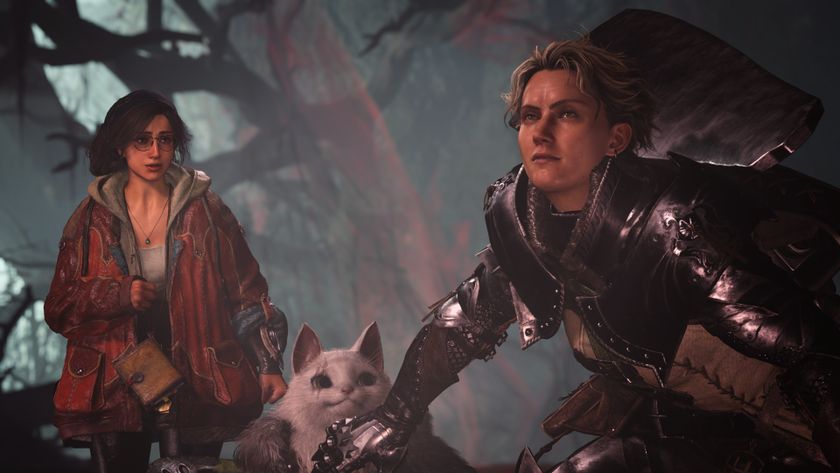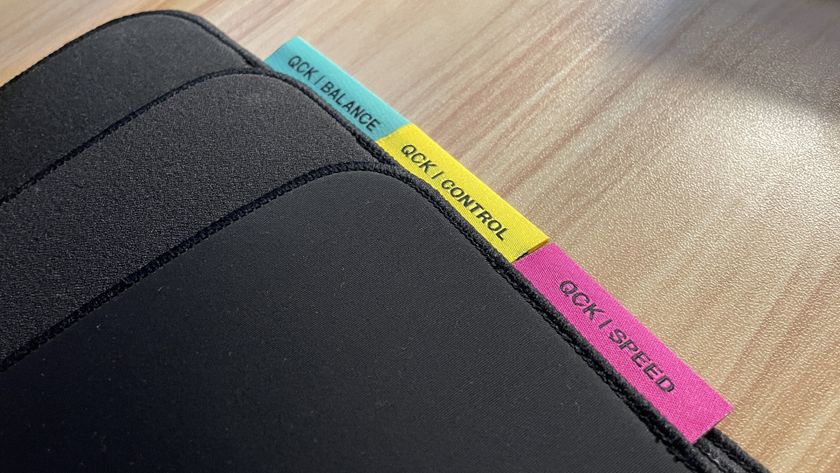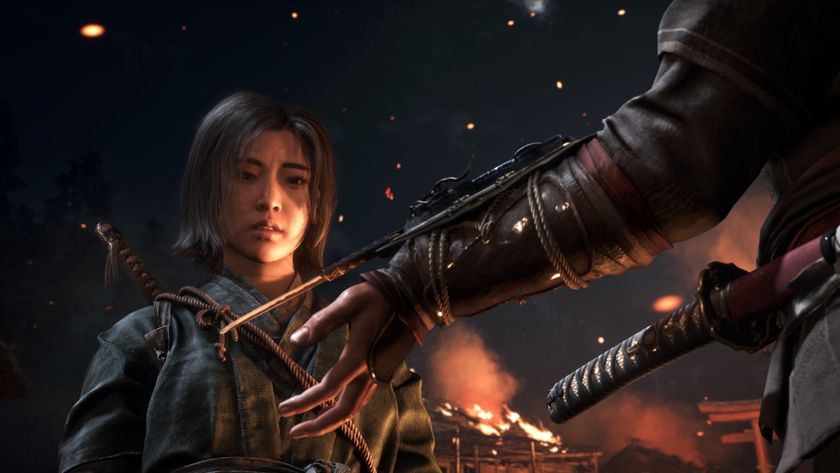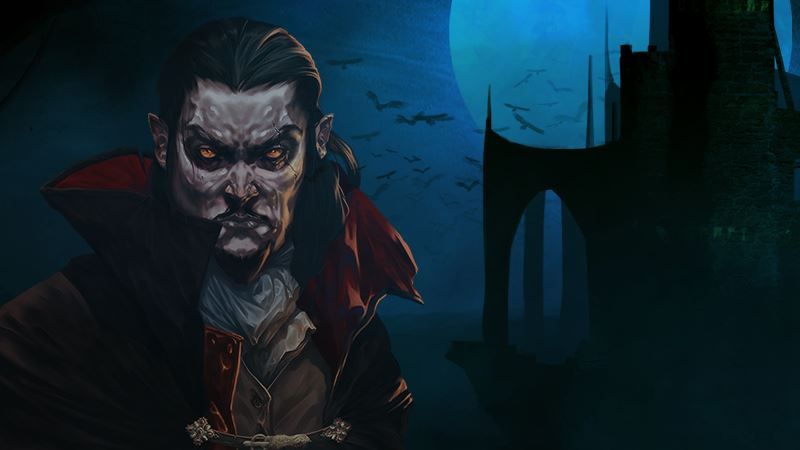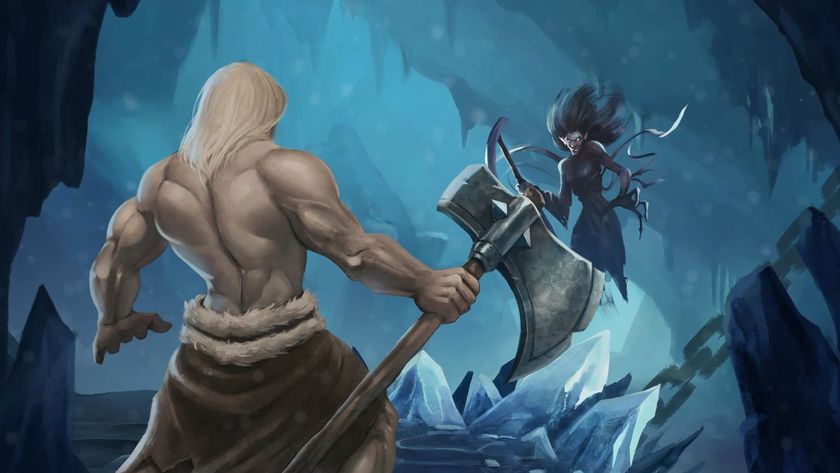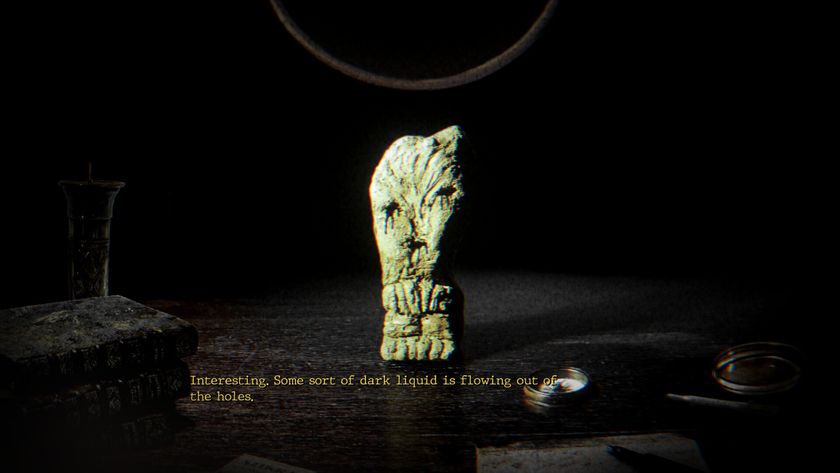What the creators of short games think about Steam's refunds policy

This article was originally published in PC Gamer issue 282. For more quality articles about all things PC gaming, you can subscribe now in the UK and the US.
Valve can resemble an absent-minded wizard in an ivory tower, unleashing dramatic changes to Steam without warning, but you can’t say it doesn't listen. Valve binned the practice of paying for Steam Workshop mods after a few days of fiery upset, and has already tweaked its controversial new refunds policy, which allows buyers to claim their money back, for any reason, after no more than two hours play within 14 days.
Among other things, developers are now able to read the justifications given for each refund request, making the process feel a little more constructive (well, making allowances for the average internet user’s surfeit of frothy-lipped negativity). But more fundamental revision seems necessary. Steam has become a thriving outpost for brief yet vivid experiences such as Gone Home, which explore ideas in a more elegant fashion than the triple-A ‘content’ bonanzas. The introduction of what is effectively a trial system makes these projects less viable—at the time of writing, there’s little to stop a less scrupulous player enjoying most or all of what they have to offer in under two hours, then cashing in.
I contacted the creators of a number of shorter works for their thoughts. All were broadly in favour of refunds—this is, after all, nothing more than Steam catching up with the rest of online retail, and happier, less inhibited consumers make for happier creators.
“As a gamer myself, I am appreciative of Valve’s continued commitment to the overall consumer experience,” said Erin Reynolds, designer of horror game Nevermind (currently completable in two or three hours, according to its Early Access page). “As a developer, I’m also glad that those who purchased any of my games in error will now have options other than being saddled with an experience that is, perhaps, simply not right for them.”
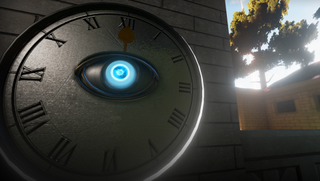
That’s also the position taken by Joe Brammer of Deco Digital, the team behind theological adventure Pneuma: Breath of Life (a solid evening’s play). “It can be a big leap these days on Steam to buy a game that’s over £20, so knowing that after two hours if it isn’t fulfilling its promises or the quality isn’t up to scratch you can return it, actually benefits developers,” he said. One of these benefits is to publicity: as RPG Tycoon creator Matt Gambell points out, a dubious refund claim is still preferable to a poisonous user review based on an hour’s playtime.
But is two hours the right figure? Not according to Glass Bottom Games founder Megan Fox, creator of snazzy noir puzzler Hot Tin Roof. “What bugs me is [it’s] a one-size-fits-all return policy that’s pretty clearly designed for ‘big’ games, the sort that are $60 on launch day,” she told me. “Two weeks and two hours makes perfect sense if you’re talking about Far Cry 4, but then look at something like The Stanley Parable. It’s a game you can easily ‘beat’ in under two hours, the first time you sit down with it, and likely walk away feeling satisfied. Or something like [PS3 exploration game] Journey, where you literally have to beat it in one sitting, since there’s no saving.”
The biggest gaming news, reviews and hardware deals
Keep up to date with the most important stories and the best deals, as picked by the PC Gamer team.
Vlambeer’s head of business, Rami Ismail, shares these concerns, noting that serious games enthusiasts are basically hardwired to exploit such windows of opportunity. “Gamers are great at min-maxing and optimising. When I was a kid looking for games to play without money and without a good understanding of the work that goes into creating a game, I probably would’ve tried to abuse a system that allowed me to play short games for free.” The risk of this might, he suggested, spur developers to devote their resources to the opening act at the expense of the endgame.
"I probably would’ve tried to abuse a system that allowed me to play short games for free."
What could Valve do differently? The obvious answer is to handle each game individually. “I’d like to see some degree of returns control on a per-game basis,” said Fox. “Let the Stanley Parable-length games set a return window of, I don’t know, 48 hours and 30 minutes of playtime. Let the longer-form games use two weeks, two hours. Just make it extremely clear to the customer, somewhere on the game’s page, what the return window is.”
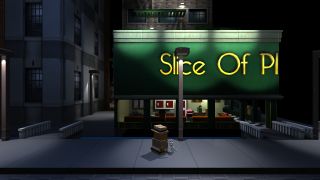
Developers would also like to see tighter controls to prevent users copying a game to a USB stick, claiming a refund then playing it without signing into Steam. “There are a lot of cunning folks out there,” Reynolds mused. “It’s something that we’re going to be closely watching.” While he’s loathe to take such a route, Gambell may enable Steam DRM on RPG Tycoon to prevent this.
It’s far too early to say what the lasting ramifications will be. All my contacts are optimistic that Valve will address their concerns eventually. “I have a bit of faith in the magic data machine that resides within Valve,” says Forrest Dowling, creator of The Flame in the Flood. “Long term, I expect returns may be a very good thing for Steam,” agreed Fox. “Hopefully they’ll increase consumer confidence in indies. Short term, though, it seems like a kind of sudden, sweeping change. I expect it’ll be rough waters for a while.”
